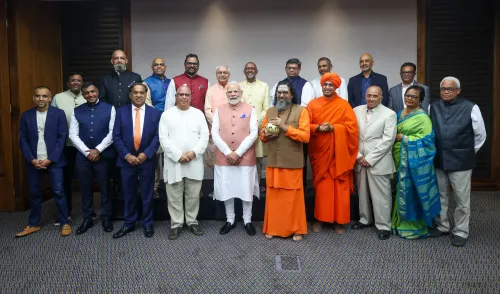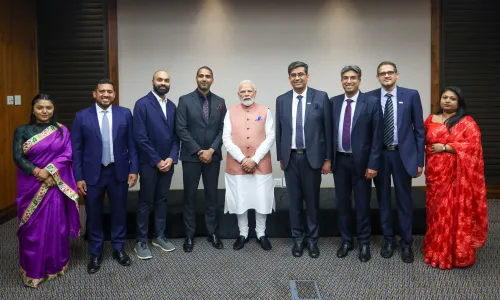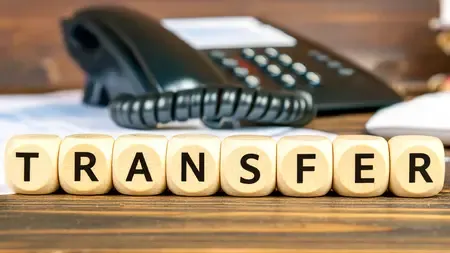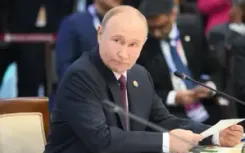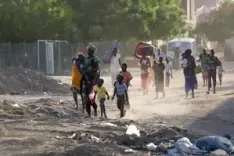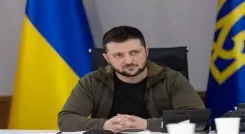Is There an Undeclared Emergency in India?
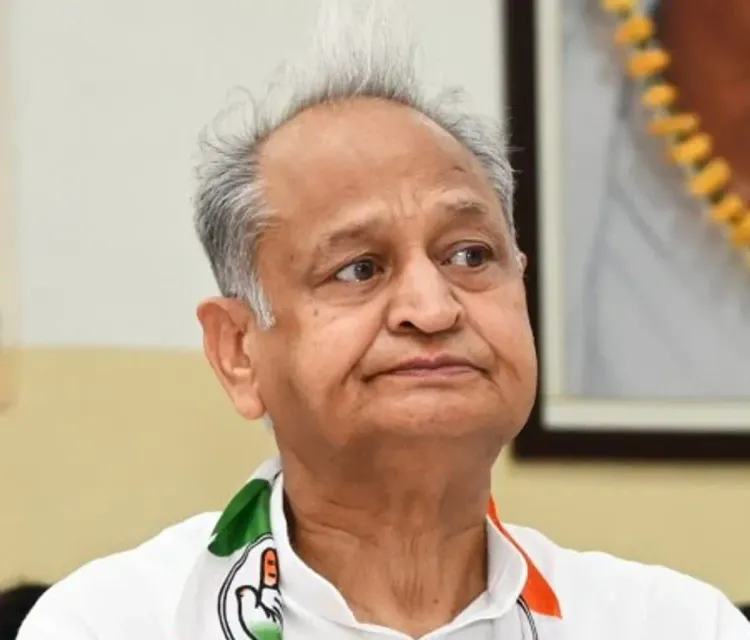
Synopsis
Key Takeaways
- Ashok Gehlot claims India is experiencing an undeclared emergency.
- The BJP's actions are seen as undermining democracy and civil liberties.
- Gehlot draws parallels between the current regime and the Emergency of 1975-77.
- He highlights the suppression of dissenting voices and the imprisonment of opposition leaders.
- There are concerns about surveillance affecting ordinary citizens.
Jaipur, June 26 (NationPress) Following the BJP's 'Samvidhan Hatya Diwas' (Constitution Murder Day) to commemorate the 50th anniversary of the Emergency, former Chief Minister Ashok Gehlot asserted on Thursday that the nation is currently under an undeclared emergency.
He remarked, "The BJP's celebration of 'Samvidhan Hatya Diwas' resembles a dishonest individual lecturing on integrity. If democracy has faced a significant blow in this country, it has been during the last 11 years."
Gehlot accused the current administration of systematically dismantling democratic institutions and infringing upon fundamental freedoms.
He characterized the political environment in India as an “undeclared emergency,” pointing out that, while there hasn't been an official suspension of the Constitution or a declaration from the President, efforts to suppress citizens' rights, freedom of expression, and dissenting voices are ongoing.
"In present-day India, if a journalist challenges the government, they are labeled a traitor; if a student protests, they are treated as a terrorist; if an opposition leader speaks out, ED investigations ensue. Is this the BJP's new democratic paradigm? No. This is the execution of democracy," he asserted.
Gehlot continued, "When the opposition raises concerns, the media often overlooks it, yet the government's responses are prominently highlighted to undermine those claims."
He drew a comparison, stating that during the Emergency period (1975–77), "no Chief Ministers were incarcerated, nor was any MP’s membership annulled. Yet, under the current administration, Chief Ministers from Delhi and Jharkhand have been imprisoned, and Rahul Gandhi's parliamentary membership has been revoked.
Notably, Jharkhand's Chief Minister Hemant Soren and former Delhi Chief Minister Arvind Kejriwal were arrested in relation to money laundering cases.
"Over 200 opposition leaders have encountered ED actions, which curiously cease once they join the BJP," he remarked.
Accusing the BJP of manipulating state administrations, he stated, "No government was toppled through horse-trading during the Emergency. However, in the past 11 years, elected governments have been dismantled in states such as Madhya Pradesh, Karnataka, Maharashtra, Arunachal Pradesh, Goa, and Manipur due to defections."
Gehlot claimed, "Today, even couples hesitate to converse on standard calls and prefer FaceTime or WhatsApp, fearing surveillance."
He criticized the Central government for “bypassing” constitutional provisions and “violating” federal rights, asserting, "Laws are imposed on state matters without consent. In BJP-governed states, Chief Ministers are mere puppets, while in opposition-controlled states, Governors are employed to interfere. This is a direct assault on both the Constitution and democracy."
Concluding with determination, he stated: "We will not be intimidated. We will not submit. We will persist in our struggle to protect the Constitution, democracy, and the people's voice."

